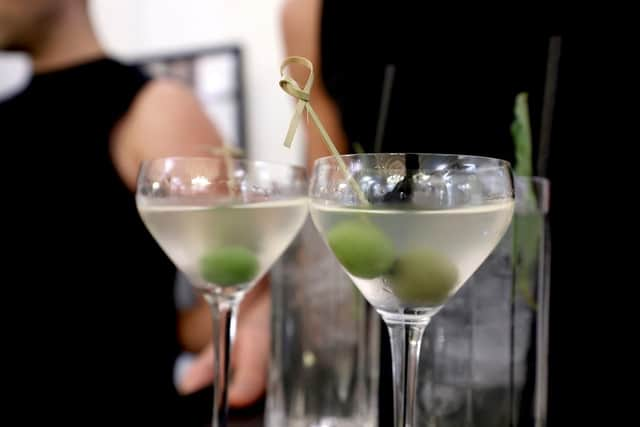What is drink spiking, what are the symptoms of having your drink spiked, how common is drink spiking and is it a crime?
Trigger Warning: References to drink spiking symptoms and motives
Drink spiking is said to be more common than we think, but as most victims don’t report it to the police there are more cases than we hear about.
Advertisement
Hide AdAdvertisement
Hide AdEven though drink spiking is a crime and carries a maximum of 10-year prison sentence, many perpetrators get away with it as many of the crimes go unreported.


Here is everything you need to know about drink spiking and what signs to look out for.
What is drink spiking?
This is the action of adding the following substances to drinks:
- Alcohol
- Illegal drugs
- Prescription drugs, for example stimulants, sedatives, tranquilisers etc.
- ‘Date rape’ drugs
Advertisement
Hide AdAdvertisement
Hide AdThe motive behind drink spiking can vary. One of them is to make their victims more vulnerable for a myriad of reasons, including theft or sexual assault.
It can happen to alcoholic or non-alcoholic drinks and the results vary but are most often serious if a person who’s had their drink spiked has had more alcohol or other drugs.
A drink can be spiked with drugs with the intention of causing someone to black out or incapacitate them, or it can be spiked with shots of alcohol to make the drink stronger and cause the victim to get drunk at a much faster rate than expected.
There are many different reasons why people don’t report drink spiking, either due to memory loss, as they cannot remember details of the night, or they feel embarrassed or ashamed due to the stigma attached to the subject. As a result, the true crime statistics of drink spiking are not clear.
Advertisement
Hide AdAdvertisement
Hide AdSpiking someone’s drink is a serious crime and carries a maximum of 10-year imprisonment in the UK, whether this is done with an extra shot of alcohol or another substance.
The prison sentence can be longer if the intent of spiking one’s drink was to make the victim more vulnerable to assault, rape or robbery.
What are the symptoms of drink spiking?
The effects of drink spiking can differ based on what the drink has been spiked with.
These are the symptoms:
- Blurred vision/vision problems
- Less self-conscious/more anxious
- Loss of balance
- Confusion
- Vomiting
- Nausea
- Unconsciousness
- Feeling sleepy
How to prevent drink spiking
According to Drinkaware, venues which are licensed to sell alcohol have a legal responsibility to keep the public safe and to prevent crime and disorder on their premises. This is usually monitored by their local authority.
Advertisement
Hide AdAdvertisement
Hide AdConditions of venues selling alcohol come with ensuring they have appropriate security and staff training in place.
Some venues provide drink stoppers for the top of your bottle to prevent someone from spiking your drink.
Other measures include testing kits which can be used to detect certain drugs in your drink, however, they don’t test for all kinds of drugs and therefore don’t always work.
Reporting suspected drink spiking to a venue and the police is another way of making sure steps are taken to keep people safe.
Advertisement
Hide AdAdvertisement
Hide AdHow to help a friend who you believe has been the victim of drink spiking
According to Drinkaware, there are many ways you can act if you have witnessed or you suspect a friend has been spiked.
- Tell a bar manager, member of staff or bouncer
- Stay close to them and keep them busy
- Call an ambulance if their condition deteriorates
- Don’t let them go home alone
- Don’t let them leave with someone you don’t know or trust
- Don’t let them drink any more alcohol, as this could result in more serious consequences